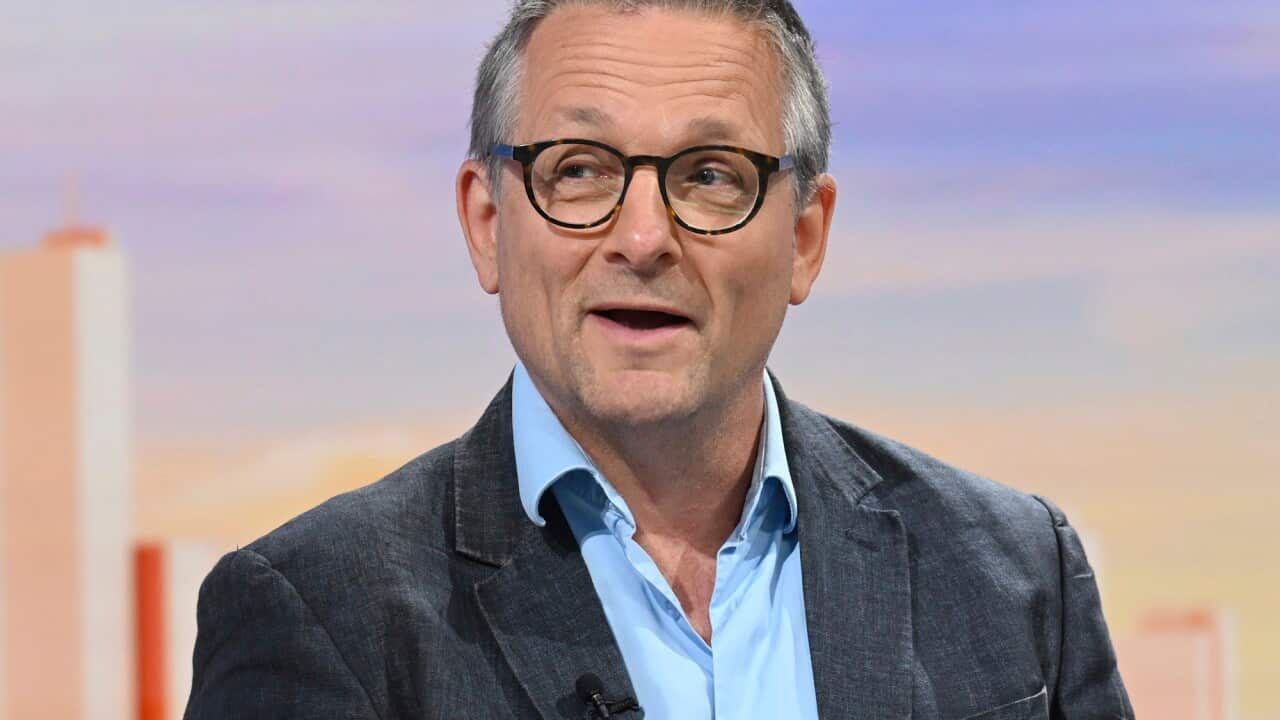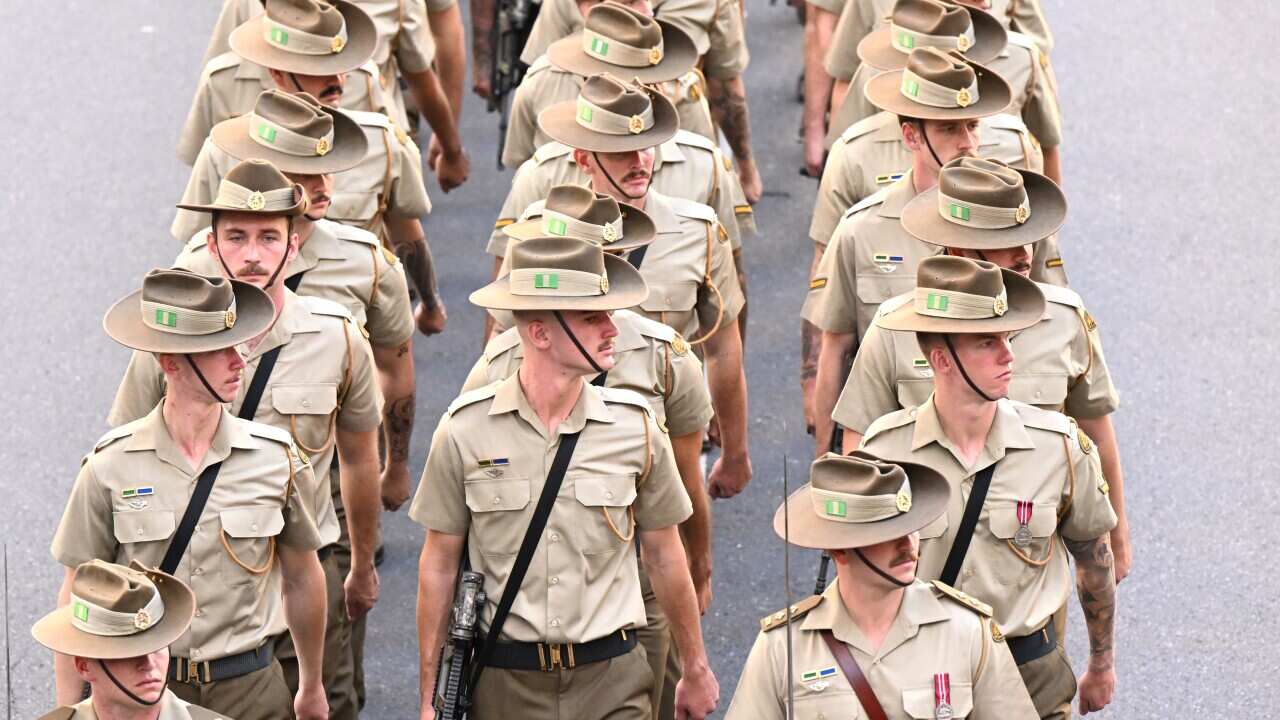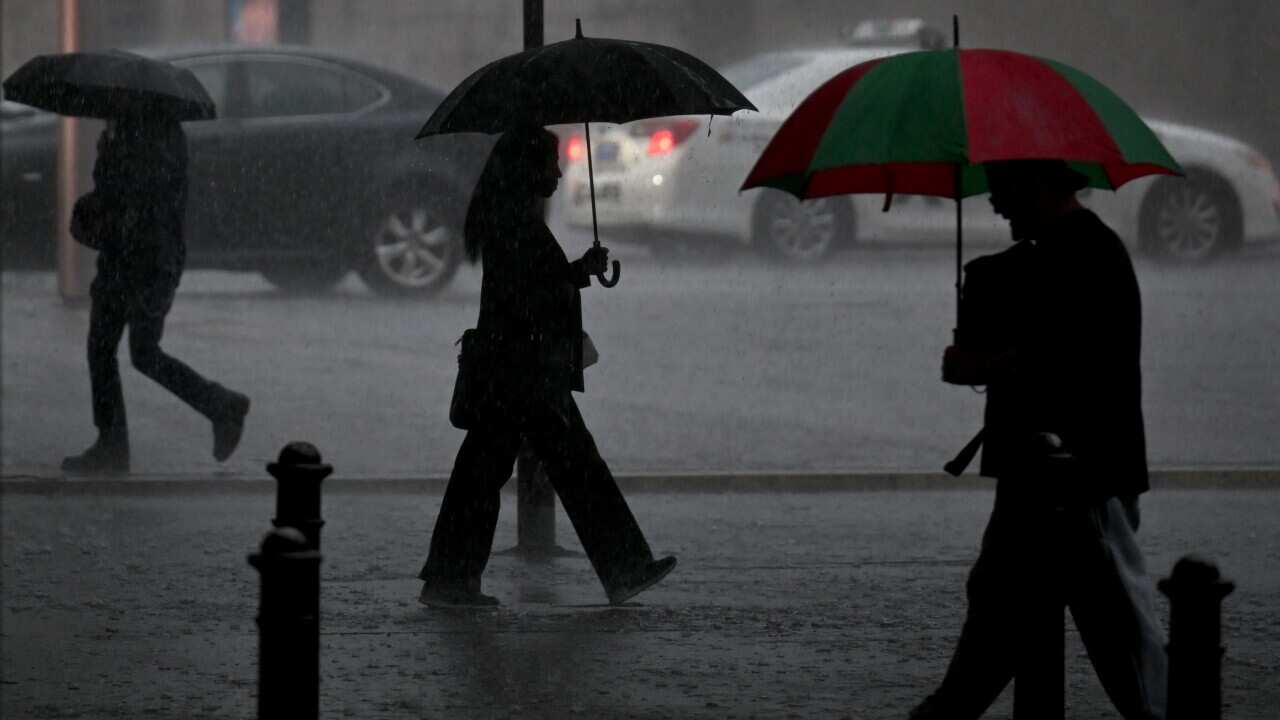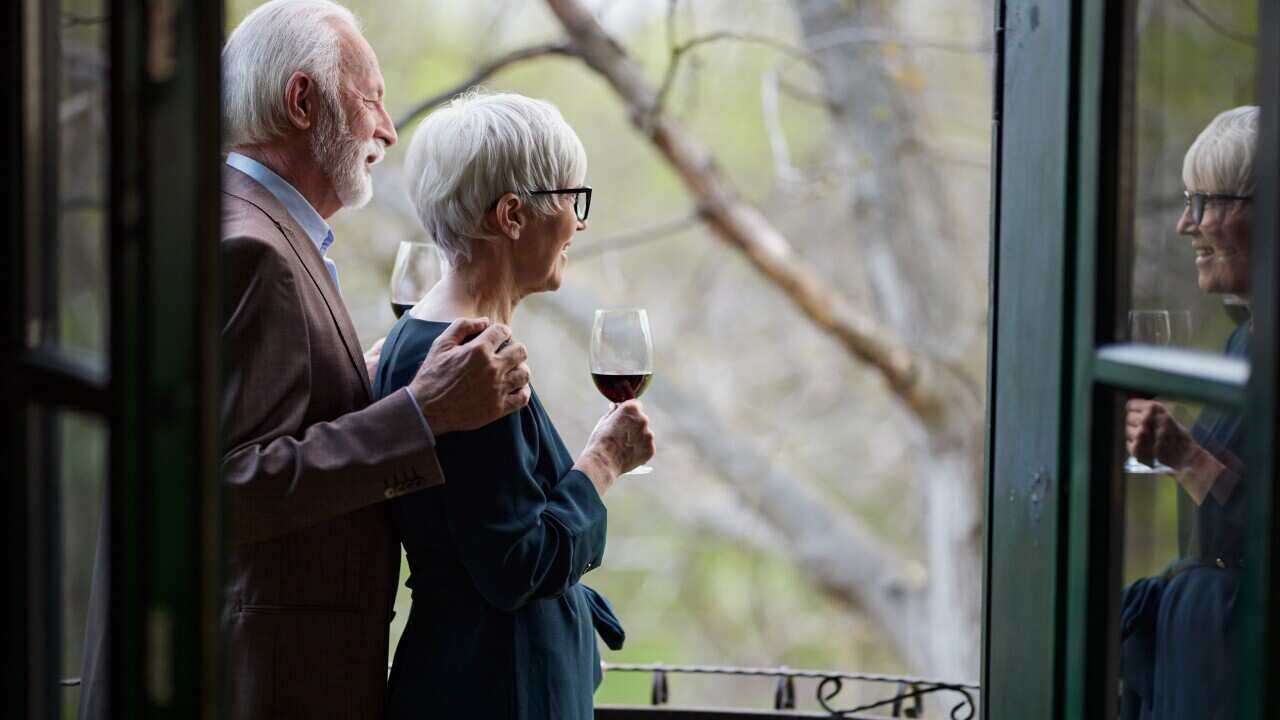TRANSCRIPT
Supporters of the failed Indigenous Voice to Parliament referendum have been picking up the pieces after a historic loss.
The referendum was rejected with the majority of Australians opposing the constitutional change that would have enshrined a Voice for First Nations peoples.
Now, many Australians are reckoning with the aftermath of a referendum debate that has divided communities and negatively impacted the mental health of some Indigenous Australians.
One Sydneysider says it was an outcome that had been somewhat expected but it was nonetheless disappointing.
"I’m feeling disappointed. Obviously, we were expecting a no vote, but I’m still very disappointed. I obviously voted Yes and I believe that it was something that should have been acknowledged, to give the aboriginal people more of a voice in their existence as such. However obviously the majority of the population voted No."
The referendum, which was the first to be held in Australia in 24 years, ultimately did not have a majority of support in any state or territory other than the A-C-T.
But why has there been such a resounding rejection to the proposed voice and what is the path forward for those who advocate for closing the gap?
Prime Minister Anthony Albanese says he accepts the result but regrets what he believes could have been a moment of unity for Australians.
He claims it was always going to be an uphill battle ever since the Coalition declared they would be opposing the Voice back in April.
"The analysis will go on for some time no doubt, but the truth is that no referendum has succeeded without bipartisan support in this country. None."
Peter Dutton has repeated his claim that the Voice referendum was doomed by its own divisiveness and that it never should have happened.
"It's clear that the referendum has not been successful, and I think that's good for our country. This is the referendum that Australia did not need to have. The proposal and the process should have been designed to unite Australians, not to divide us. And what we've seen tonight is Australians literally in the millions reject the Prime Minister's divisive referendum."
A key factor Yes campaigners suggest helped sway the vote is the No campaign's inclusion of misinformation in campaign materials and claims from some of their advocates.
These claims include the idea that a successful referendum could have resulted in Australians paying reparations to First Nations peoples, that it would have created a third chamber of parliament, and that the Australian Electoral Commission was conspiring in favour of a Yes outcome.
Yes campaigner Thomas Mayo says the Australian public was lied to.
"Peter Dutton has been dishonest to the Australian people. He has lied to the Australian people. The No campaign, their lies were exhausting themselves in the last few days. I really hope that when the analysis is done that that is exposed for all Australians to see."
The fierce public discourse surrounding the referendum has had its toll on Indigenous Australians, with the National Aboriginal Community Controlled Health Organisation saying there was a significant increase in reports of racism in the lead up to the vote as well as damage to the social, emotional and mental health wellbeing of Aboriginal and Torres Strait Islander people.
And now, Indigenous academics fear that the referendum result threatens to put the objectives outlined in the Uluru Statement from the Heart in political limbo.
A key petition for Indigenous Australian advocates, the 2017 statement argued for a Voice to Parliament, as well as what is known as a Makarrata Commission which seeks a treaty between the government and First Nations people and truth-telling about Australia's troubled history.
Indigenous academic and co-architect of the Indigenous Voice proposal, Marcia Langton, told N-I-T-V's The Point she sees the No result as the death of reconciliation efforts.
"It's very clear that reconciliation is dead. A majority of Australians have said No to an invitation from Indigenous Australia with a minimal proposition to give us a bare say in matters that affect our lives. And I think the No campaigners have a lot to answer for in poisoning Australia against this proposition and against Indigenous Australia."
Deputy Prime Minister Richard Marles told A-B-C's Insiders program the Labor government remains committed to implementing the Uluru statement.
"We have committed to implementing the Uluru statement in full. That's what we have taken to the Australian people and that's been our articulated position for a long time. I think in terms of the specific steps forward and what we do now, I think we need to let the dust settle here. Right now, I think it is about really standing with and embracing Indigenous Australia in this moment."
While a number of polls from YouGov and Resolve Strategic repeatedly suggested the majority of Indigenous Australians supported the Voice, the prominence of Indigenous leaders such as Warren Mundine and Jacinta Nampijinpa Price in the No campaign made it unclear for many voters to know where First Nations people stood on the issue.
Warren Mundine told N-I-T-V's The Point the Yes campaign simply failed to provide details to curious voters and treated the Voice as what he calls a "magic wand" to fix complex issues.
"There'll be no celebrations because the reality is the Australian public have told us that they don't want a voice. They want the government and other people to get out there and actually do the job that needs to be done. I know I know Australians who wanted to vote Yes but couldn't vote Yes because this voice that couldn't see anything no one gave him details. No one was able to show people how it's going to fix everything. It was almost like a magic wand."
While the outcome is a disappointing result for Yes supporters, many voters like this Darwin resident are happy to move past the referendum.
"I'm glad it's over and done with and we put what we thought in without being persuaded by other people. And it's all over and done with now, I'm hoping that everybody gets on well together."
And Prime Minister Anthony Albanese has called for unity.
He says he doesn't regret the referendum and had a duty to promote the aims and interests of Indigenous Australians.
"They are not Yes voters or No voters. We are all Australians. There are people who have been involved who stood on this stage with me and March, who spent a lifetime on this. A lifetime struggling just to be recognised in our Constitution. I had a duty."
Despite Opposition leader Peter Dutton's earlier pledge to hold a second referendum to secure constitutional recognition for Indigenous Australians, he has since seemingly backed down from the prospect, telling Nine's Today show last month that nobody wanted a second referendum.
So, the failure of this referendum leaves the path toward constitutional recognition unclear.
Stay informed on the reaction to 2023 Indigenous Voice to Parliament referendum result from across the SBS Network, including First Nations perspectives through NITV. Visit the to access articles, videos and podcasts in over 60 languages, or stream the latest news and analysis, docos and entertainment for free, at the .













